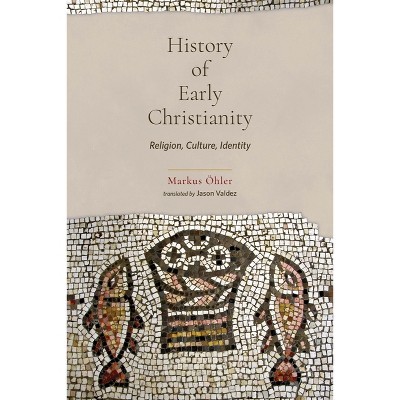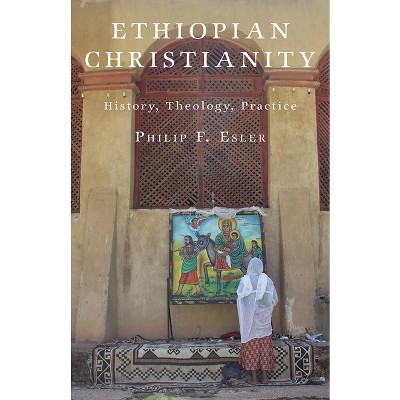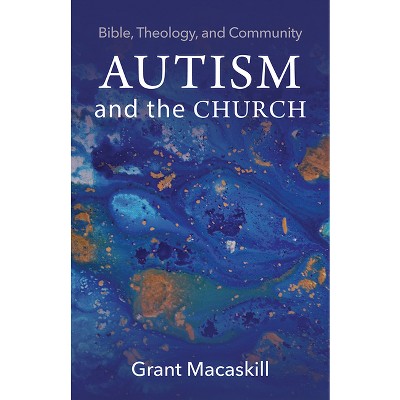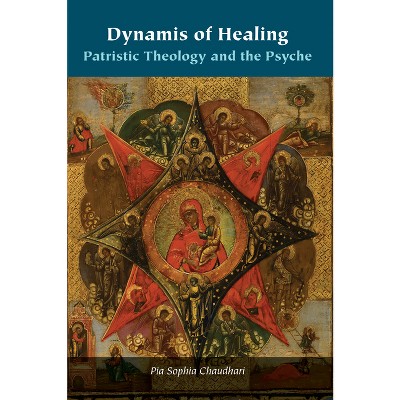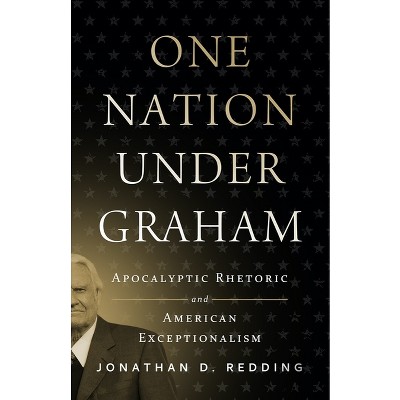Healing and Power in Ghana - (Studies in World Christianity) by Paul Glen Grant (Hardcover)

About this item
Highlights
- In nineteenth-century Ghana, regional warfare rooted in profound social and economic transformations led thousands of displaced people to seek refuge in the small mountain kingdom of Akuapem.
- About the Author: Paul Glen Grant is Lecturer in the History Department at the University of Wisconsin-Madison.
- 341 Pages
- Religion + Beliefs, Christianity
- Series Name: Studies in World Christianity
Description
About the Book
By foregrounding the sacrificial idiom shared by locals, missionaries, and native thinkers, Healing and Power in Ghana presents a new model of scholarship for both West African history and world Christianity.Book Synopsis
In nineteenth-century Ghana, regional warfare rooted in profound social and economic transformations led thousands of displaced people to seek refuge in the small mountain kingdom of Akuapem. There they encountered missionaries from Germany whose message of sin and forgiveness struck many of these newcomers as irrelevant to their needs. However, together with Akuapem's natives, these newcomers began reformulating Christianity as a ritual tool for social and physical healing, as well as power, in a dangerous spiritual and human world. The result was Ghana's oldest African-initiated variant of Christianity: a homegrown expression of unbroken moral, political, and religious priorities.
Focusing on the southeastern Gold Coast in the middle of the nineteenth century, Healing and Power in Ghana identifies patterns of indigenous reception, rejection, and reformulation of what had initially arrived, centuries earlier, as a European trade religion. Paul Grant draws on a mixture of European and indigenous sources in several languages, building on recent scholarship in world Christianity to address the question of conversion through the lens of the indigenous moral imagination. This approach considers, among other things, the conditions in which Akuapem locals and newly arrived displaced persons might find Christianity useful or applicable to their needs.
This is no traditional history of the European-African religious encounter. Ghanaian Christians identified the missionaries according to preexisting political and religious categories--as a new class of shrine priests. They resolved their own social crises in ways the missionaries were unable to understand. In effect, Christianity became an indigenous religion years before indigenous people converted in any appreciable numbers. By foregrounding the sacrificial idiom shared by locals, missionaries, and native thinkers, Healing and Power in Ghana presents a new model of scholarship for both West African history and world Christianity.
Review Quotes
It embodies what the whole book documents in detail: that in the years before the English colonizaiton it was the Africans who, in search of healing, belonging, and spiritual powers, created a new, unique form of Christianity, combining it with their religious forms and used the missionaries for this very purpose.
--Martin Hailer Heidelberg "Theologische Literaturzeitung"In this well-written, historically rich, and detailed monograph, Grant sets out to understand the making of Ghanaian Christianity by exploring how indigenous intellectual and cosmological frameworks, as well as pragmatic concerns and experiences, came to shape the reception and domestication of missionary Christianity.
--Karen Lauterbach "Reading Religion"Drawing richly from archival sources, Paul Grant presents a masterpiece describing the place of Christianity in Ghana's early formation. He skillfully presents the culture and faith of nineteenth-century Ghana.
--Francis Benyah "International Bulletin of Mission Research"Overall, the study is smart and sensitive. The prose is exceptionally clear and a pleasure to read. Without a doubt, this book is required reading for any student interested not only in missionary activities in Africa, but also in landscapes of power, shrines, and the spiritual dimensions of imperial confrontations.
--Sarah Balakrishnan "African Studies Review"...Paul Glen Grant succeeds in bringing alive his central argument with rich ethnographic insights. The overall narrative of the book is presented from a cross-historical lens which proves a clearer prism through which to see early indigenous religious expression as a precursor of present-day Ghanaian Pentecostalism. This book will appeal to students of comparative religions and African church historiography.
--Isidore Lobnibe "Journal of Ecclesiastical History"Grant's excellent exposition is highly recommended as a source for scholars and students of the history of Christianity, cross-cultural studies, comparative religion, sociocultural and general studies on Africa.
--Ebenezer Ayesu "Missio Dei"...A great book that should be read widely by scholars of global Christianity, African Christianity, mission studies, West African history, and religion more broadly
--Adam H. Mohr "H-Net Reviews"About the Author
Paul Glen Grant is Lecturer in the History Department at the University of Wisconsin-Madison.


